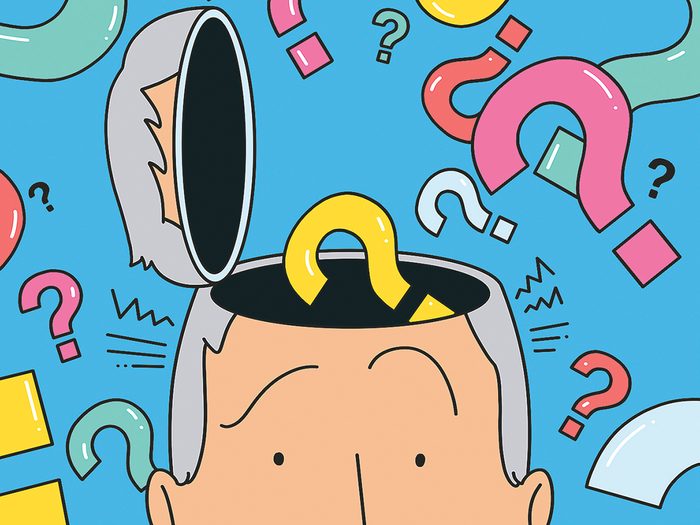If You’ve Ever Struggled to Come Up With a Strong Password, You’ll Relate to This Hilarious Story

There's a risk of creating passwords that are so clever, you'll forget to remember them.
They talk about the straw that broke the camel’s back, but really it should be the password that wiped out my memory bank. My world is now in ashes. Let this be a warning to others.
I was going along fine—with instant recall of my bank PIN, my mobile phone number, my Facebook log-in and the date of my cousin’s birthday. Then I joined a gas station rewards scheme.
The sign-up form on the company’s website asked me to create a password. When I typed in “gas1,” it was rejected for not being complex enough. I needed to add at least one upper case letter and one symbol.
I tried again: “IHateHeartlessOilCompanies@#$%PricesNeverStopGoingUp.” But that was too long and didn’t include “at least one numeral.” It may also have been defamatory.
Following my usual custom, I utilized an obscure fact about my favourite singer, Elvis Presley: “Garon1935”—a reference to the middle name of Elvis’s sadly stillborn twin brother.
This was accepted by the heartless people at the oil company, though I was drawing on a tragedy in a way that should make us all feel uncomfortable. My excuse: I’d used up all other Elvis references, including but not limited to GladysPresley1912, Priscilla1945 and TomHanks2022.
But here is the thing: as soon as I inserted this fresh password into my memory, I instantly forgot all the others. My brain had hit its limit for passwords.
I now know nothing. I cannot complete the simplest of transactions: no banking, no streaming service subscriptions, no idea about the date of my cousin’s birthday.
Facebook? They no longer trust me. Ditto, my frequent flyer account. It was the same story with The Dubai Journal of Home Economics (we all have strange online preferences).
I had entered some passwords in my Book For When I Die, a notebook in which I’ve recorded vital information for my wife and kids after my demise. Of course, I didn’t write down the actual passwords, in case the Book For When I Die falls into the wrong hands. Instead, I disguised them in a way that only a family member could figure out.
For example, I combine my banking PIN with our postal code, then add it to a list of phone numbers alongside the name Johnny Cash. It’s a stratagem that would fool even Albert Einstein.
The book also contains three passwords that cryptically relate to events in history but are described in such a complex fashion I’ve forgotten myself what was intended.
Memory is such a weird thing. Marcel Proust called it a “game of hide and seek.” You might have no idea where a memory lies—it seems impossible to locate—then suddenly it’s there in front of you. As Proust said, “We see nothing, then suddenly the name appears in its exact form.”
That’s fine for Proust; all he had to remember were the names of Parisian socialites. He didn’t need a password for every human action.
Maybe we need a system like the one we use to remember people’s names. You know, when you form an association between a person’s attributes and their name by chanting the mnemonic “Skinny George, Skinny George” after meeting them. The risk is that, upon seeing him, you’ll blurt out the phrase. “Skinny George” might not mind, but it’s possible “Boring Beatrice” will.
As for remembering passwords as you change them, you could go through the books of the Bible or military ranks, although I can never remember whether a colonel is above or below a lieutenant. Or you could simply use the first and last letters of Elvis’s greatest hits, together with the year of their release.
Maybe I’ll try that one out—but only after cryptically describing the system in the Book For When I Die. Then I’ll hide the book in a place so obscure I’ll never remember where it is.
Next, check out one man’s hilarious account of what it’s like providing tech support for his folks.






